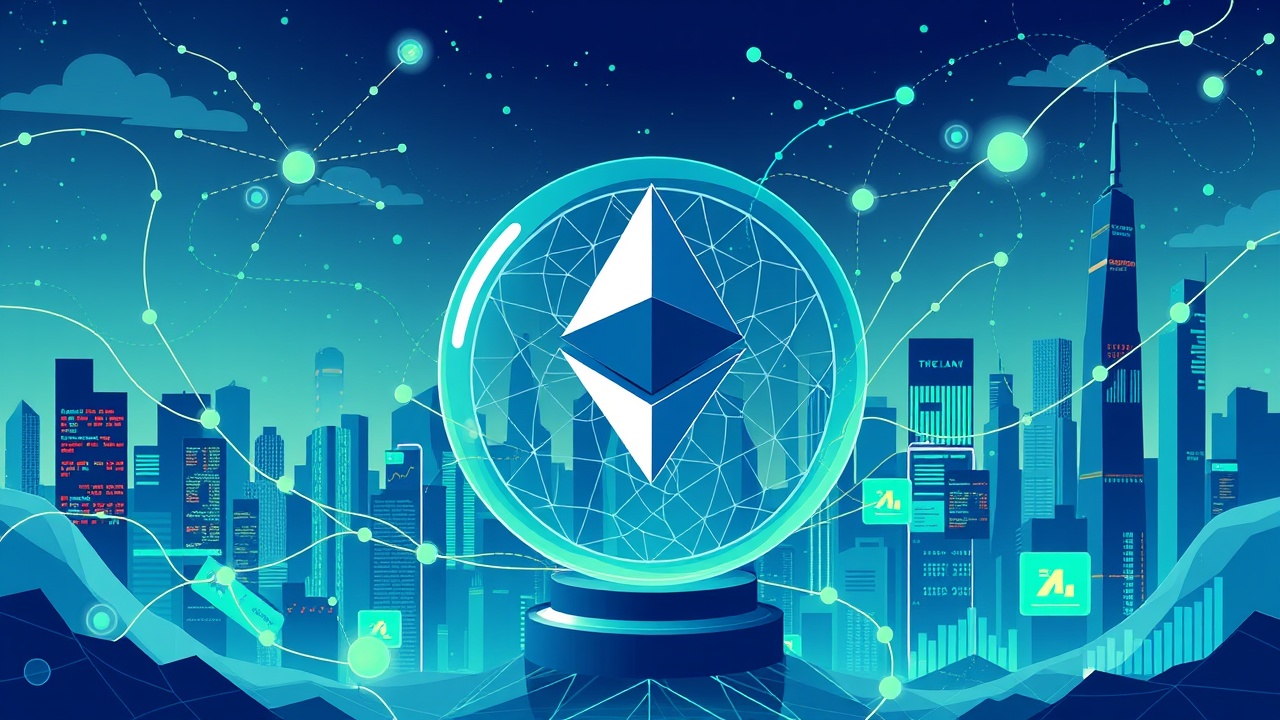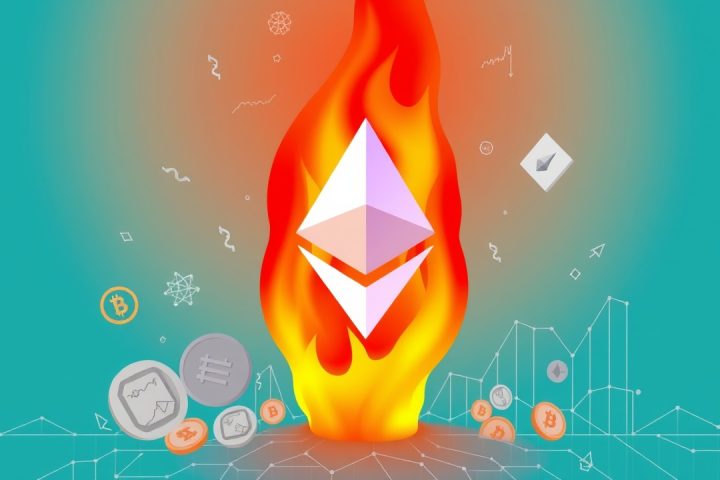The Future of AI Agents
In the rapidly evolving landscape of technology, leading corporations like Google and Amazon are keenly anticipating future societal shifts, particularly in the realm of artificial intelligence. Recently, both firms have initiated significant efforts to establish a robust market for AI agents—these autonomous digital assistants will be capable of navigating the internet to perform intricate tasks for users and machines alike. Although this ambition is still in its infancy, experts expect that once AI agents are deployed widely, their productivity could parallel that of human workers.
Infrastructure for AI Agents
At the heart of this transition lies a critical inquiry: what infrastructure will best support the anticipated surge in AI agents? Increasingly, innovators in Silicon Valley and the cryptocurrency sector are converging on Ethereum as a promising foundation. Ethereum’s core team has identified the network as particularly suitable for the emerging AI agent economy due to its three essential capabilities: secure payment processing, identity verification, and trust establishment, which are currently lacking in existing frameworks.
Ethereum developer Davide Crapis shared insights with Decrypt, asserting that over the next three to five years, the majority of transactions on Ethereum could originate from machines rather than humans.
Recently, he introduced ERC-8004, a proposed standard aimed at enabling AI agents to discover and validate each other’s identities on the Ethereum network, thereby facilitating reliable economic interactions.
Comparing Protocols
Crapis pointed out the shortcomings of Google’s recently launched Agent2Agent protocol, which is designed for AI collaboration but fails to support financial transactions and lacks a reliable identification system among agents. In contrast, Ethereum’s infrastructure directly addresses these critical gaps as it enables on-chain payments and utilizes unique digital identifiers, such as NFTs, to establish trust.
Interestingly, Google is lending its support to the ERC-8004 initiative, with one of its key team members contributing as a co-author. This collaboration signals confidence in the necessity of a standardized approach to agent-to-agent interactions, beneficial for broader industry adoption.
Blockchain’s Role in AI
This consensus among significant players in the AI agent market reflects an acknowledgment that blockchain technology can provide resolutions to challenges more effectively than alternative methods. While some stakeholders may not fully endorse cryptocurrency, the viable solutions offered by blockchain are becoming increasingly appealing as industries seek efficiency.
Historically, cryptocurrency projects have faced hurdles in achieving widespread acceptance, primarily due to their complexity and the difficulty of educating users about blockchain navigation. However, the emergence of autonomous AI could drastically alter this landscape. Crapis believes that, unlike human users, AI agents will intuitively select the most efficient platforms for their operations, positioning Ethereum as the ideal environment for transactions.
Ethereum’s Capacity
As traditional economic systems were designed for human interaction, they rely on familiar verification methods. In contrast, Ethereum’s architecture could have been conceived to accommodate the needs of machines, highlighting its potential advantage in this new digital age.
The Ethereum team is optimistic about the network’s capacity to handle an influx of AI agent activity given its multi-layered architecture. The main Ethereum blockchain is expected to provide solid security and stability for high-value transactions, while versatile layer-2 solutions can manage the anticipated volume of smaller transactions.
Crapis criticized competing blockchain networks, like Solana, suggesting that their current designs may be inadequate for supporting the demands of an AI-driven economy.
He foresees that the advent of the AI agent economy will transform Ethereum’s role in a similar way to how decentralized finance reshaped the platform in 2020. He aims to refine ERC-8004 in collaboration with the Ethereum community, ensuring it facilitates the sophisticated interactions that will arise with the growing presence of AI agents. Crapis expressed the need for urgency in building toward this technological future, although he stopped short of predicting precisely when this development will take off.




